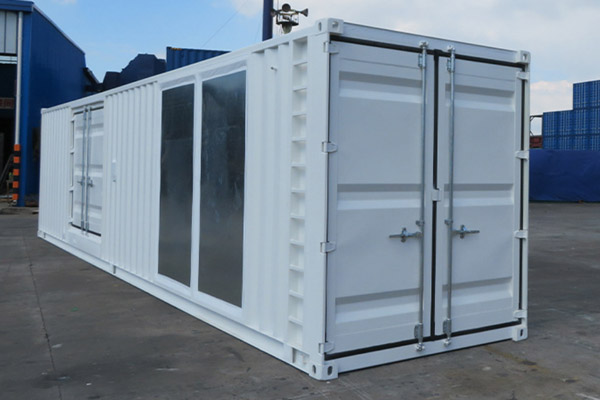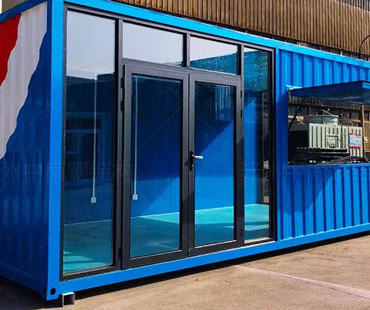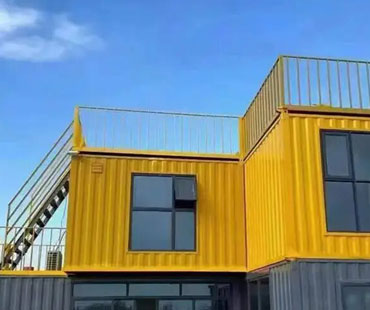In today’s interconnected world, the movement of goods across borders has become more critical than ever. At the heart of this complex web of logistics lies a seemingly simple yet profoundly transformative invention: the shipping container.
The Evolution of Shipping Containers
The concept of containerization dates back to the mid-20th century when American entrepreneur Malcolm McLean revolutionized cargo transport by introducing standardized containers. This innovation allowed for the seamless transfer of goods between ships, trucks, and trains, dramatically reducing loading and unloading times. Prior to containerization, goods were typically loaded and unloaded individually, leading to inefficiencies, increased labor costs, and longer transit times.
Today, shipping containers come in various sizes and types, including standard containers, refrigerated containers (reefers), and specialized containers for oversized cargo. The standardization of these containers has allowed for a uniform system that facilitates global trade.
Enhancing Efficiency and Reducing Costs
One of the primary benefits of containerization is the significant increase in efficiency it brings to the shipping process. With containers, goods can be loaded and unloaded quickly and securely, minimizing handling and reducing the risk of damage or loss. According to studies, the introduction of containers has reduced shipping costs by as much as 90% compared to traditional bulk shipping methods.
Moreover, the ability to transport goods in large volumes has allowed shipping companies to take advantage of economies of scale. Larger vessels, known as container ships, can carry thousands of containers at once, further driving down costs and increasing the speed of global trade.

Facilitating Global Supply Chains
Containers have played a crucial role in the development of global supply chains. Businesses can source materials and products from various countries, taking advantage of lower labor costs and specialized production capabilities. This interconnectedness has led to the rise of international trade networks, allowing companies to operate on a global scale.
For instance, a smartphone may be designed in the United States, manufactured using components from Japan, South Korea, and China, and then assembled in Vietnam before being shipped to consumers worldwide. This complex network of production and distribution relies heavily on the efficiency of container transport.
Impact on Economic Growth
The rise of containerization has not only transformed logistics but has also had a profound impact on economic growth. Efficient shipping facilitates trade, which in turn drives economic development. Countries that invest in port infrastructure and container facilities often see an increase in trade volume and foreign investment.
For example, countries like Singapore and Hong Kong have positioned themselves as global shipping hubs, benefiting from their strategic locations and advanced port facilities. This has led to job creation, increased GDP, and enhanced competitiveness on the world stage.
Environmental Considerations
While containerization has brought numerous benefits, it also raises important environmental concerns. The shipping industry is a significant contributor to greenhouse gas emissions, and as global trade continues to expand, so does its environmental footprint. However, there is a growing movement within the industry to adopt greener practices, such as using alternative fuels, optimizing shipping routes, and implementing more efficient port operations.
Additionally, innovations in container design, such as lighter materials and better insulation for refrigerated containers, are helping to reduce energy consumption and emissions associated with shipping.
The shipping container has become an indispensable element of modern logistics and global trade. Its ability to enhance efficiency, reduce costs, and facilitate complex supply chains has transformed how goods are moved around the world. As the global economy continues to evolve, the role of containers will only become more critical, presenting both opportunities and challenges for businesses and policymakers alike. Embracing innovation and sustainability in the shipping industry will be essential to ensure that global trade remains a driving force for economic growth in the years to come.


